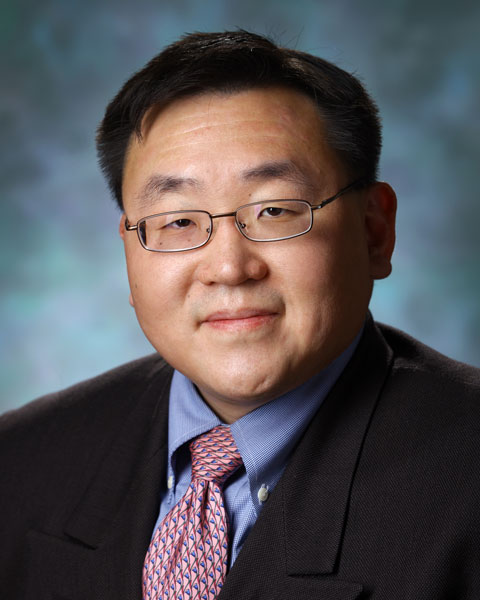Periodic fever syndromes, autoinflammatory diseases, Still’s disease and MAS/HLH
13M116: Great Debate: Should PMR and GCA Be Treated with Advanced Therapies at Disease Onset?
-

Philip Seo, MD, MHS
Johns Hopkins University
Baltimore, MD, United StatesDisclosure(s): Amgen: Advisor or Review Panel Member (Ongoing); Janssen: Advisor or Review Panel Member (Terminated, October 3, 2022)
-
RS
Robert Spiera, MD
Hosptial for Special Surgery
New York, NY, United StatesDisclosure(s): AbbVie/Abbott: Consultant (Ongoing), Grant/Research Support (Ongoing); Amgen: Consultant (Ongoing); AstraZeneca: Grant/Research Support (Ongoing); chemocentryx: Grant/Research Support (Ongoing); corbus: Grant/Research Support (Ongoing); Formation Biologics: Grant/Research Support (Ongoing); GSK: Consultant (Ongoing), Grant/Research Support (Ongoing); Inflarx: Grant/Research Support (Ongoing); Kadmon: Grant/Research Support (Ongoing); Novartis: Consultant (Ongoing), Grant/Research Support (Ongoing); Principia: Grant/Research Support (Ongoing); Sanofi: Consultant (Ongoing)
Panelist(s)
Polymyalgia rheumatica (PMR) and giant cell arteritis (GCA) are two of the most common inflammatory rheumatic diseases affecting older adults. For decades, glucocorticoids have been the cornerstone of treatments for individuals with these diseases, with some data supporting the use of steroid-sparing agents such as methotrexate. IL-6 inhibitors have been approved and recommended for the treatment of GCA, and more recently approved for treatment of refractory PMR. However, there are several unanswered questions regarding the use of biologic agents in GCA and PMR including ideal timing of initiation, identification of individuals who would benefit from these, and duration of treatment including achieving drug-free remission.
This year's Great Debate showcases two experts in the field who will review the data around use of biologic therapies in PMR and GCA and argue for or against the use of advanced therapies at disease onset.
Learning Objectives:
- Examine the data on use of biologic therapies in management of PMR and GCA.
- Assess the arguments for and against starting biologic therapies upfront at disease diagnosis.
- Describe the best approach to choice of anti-inflammatory therapy in these disorders.
Presentations:
-
9:00 AM - 9:45 AM PTGreat Debate: Should PMR and GCA Be Treated with Advanced Therapies at Disease Onset?
Panelist: Philip Seo, MD, MHS – Johns Hopkins University
Panelist: Robert Spiera, MD – Hosptial for Special Surgery
-
9:45 AM - 10:00 AM PTQ&A




